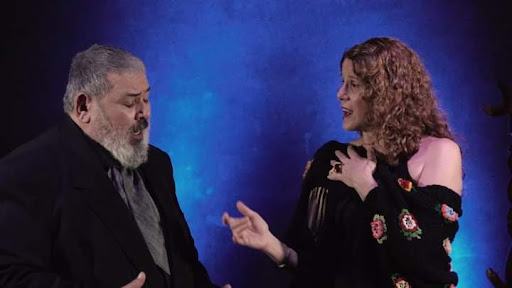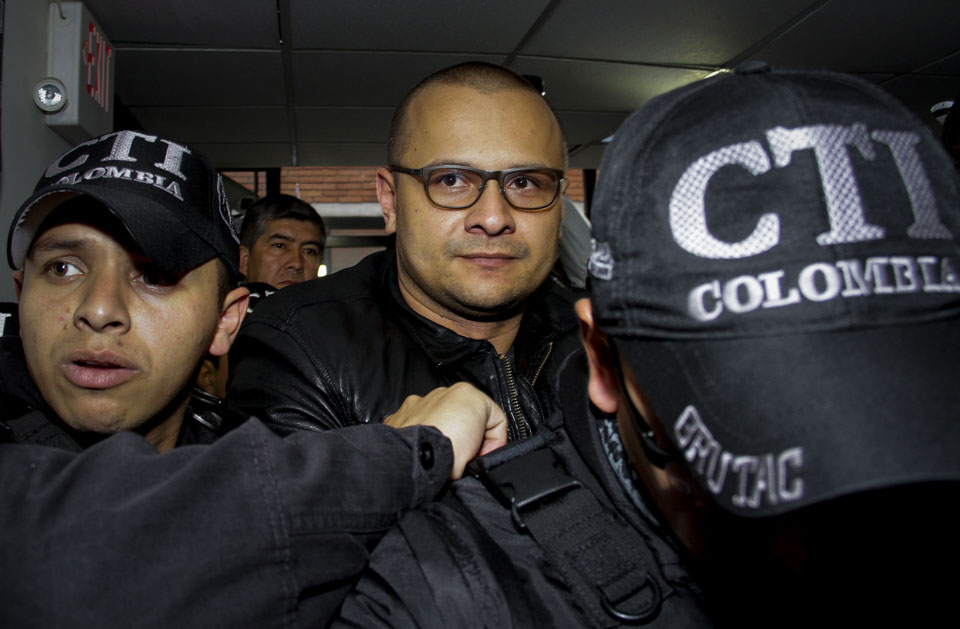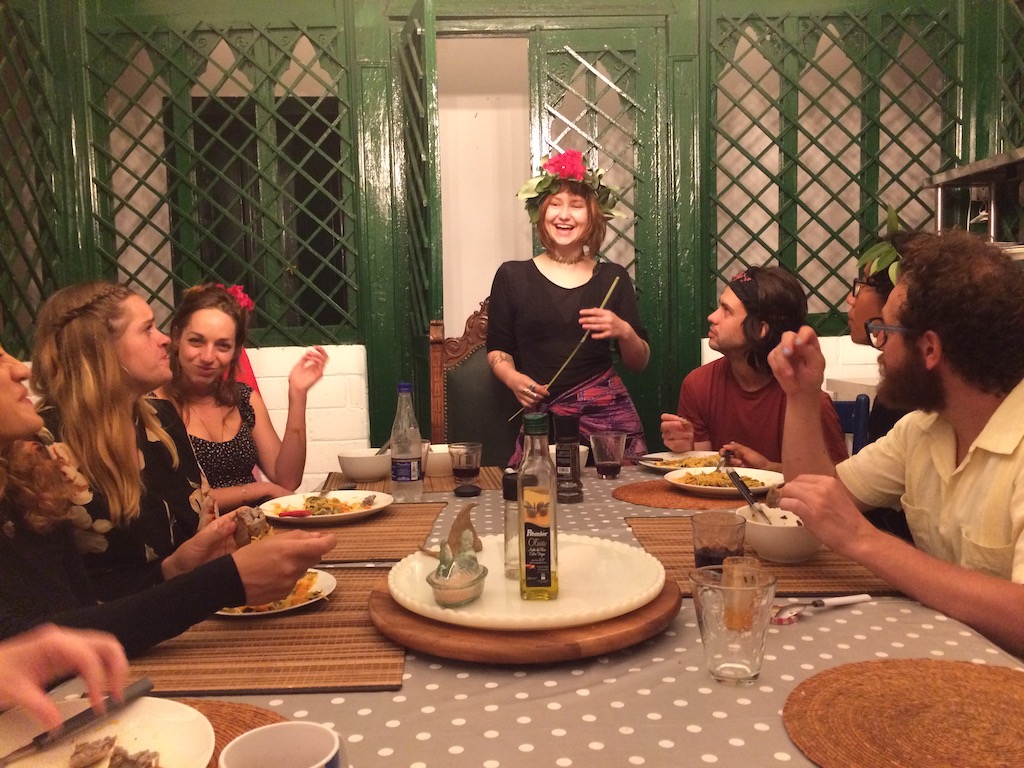
Image courtesy of Wikimedia Commons
Today marks the tenth anniversary of a remarkable military operation that resulted in the successful rescue of 15 hostages that had been held captive for over five years by the FARC. Among the hostages, Green Party presidential candidate Íngrid Betancourt’s release captivated news headlines across the world. The Bogotá Post looks back at the story behind Operation Jaque.
A decade ago, aboard a helicopter soaring high above the forests of Guaviare in southern Colombia, confusion reigned. Those that were guerrillas were not guerrillas. Those that claimed to be doctors and aid workers were in fact neither of those things. The pilots of the Soviet-era helicopters wore Che Guevara T-shirts suggesting they were communist sympathisers. And the men pretending to be a cameraman and a journalist were in fact with the Colombian military.
The real FARC guerrillas were lying on the floor of the helicopter disarmed, neutralised and handcuffed. After six years of having been held captive in the Amazon jungle, 15 hostages looked at their helpless captors, subdued and in their underwear, not knowing what to think or what to feel.
“Somos el Ejército de Colombia,” one of the men said, “Están libre.”
[“We’re the Colombian military. You’re free.”]
Íngrid Betancourt had seen these helicopters many times from her makeshift wooden cell with tin roof, floating above like wasps during her six years in captivity under the FARC. Chained at the neck to her fellow prisoners, she knew that if liberation came it wouldn’t be from above but from her own initiative. After having made many attempts to escape, Betancourt never imagined she would be freed by the military. It had never dawned on her that Operation Jaque was being discreetly planned from afar.
“Operation Jaque not only changed the lives of the kidnapped but also that of the country.”– Ingrid Betancourt
The architect of Operation Jaque was General Freddy Padilla de Leon of the Colombian Army. Having located where the hostages were being held captive–the hostages had been spotted by the army bathing in the Apoparis River–the military were successful in transplanting a mole within the eastern 1st Front of the FARC. The mole was a disgruntled member of the FARC that persuaded the leadership, Gerardo Aguilar Ramírez (Cesár), that they ought to transport the hostages to a different encampment.
Juan Manuel Santos was at this point Minister of Defence under former President Álvaro Uribe. He had constantly been under pressure for failing to do enough for the hostages, particularly from the influential family of Betancourt. When the time came to give the all-clear on Operation Jaque the stakes were high. If an unarmed military group had been found out and killed it would have been a travesty for Colombia and a death knell for Santos’ political career. He had enlisted the aid of Tony Blair and MI6’s John Scarlett to establish the comprehensive intelligence network that would allow for the planning of the operation.
On the eve of Operation Jaque Santos made three calls, one to his wife and children and the second to then President Álvaro Uribe. He said a little prayer with his family without explaining why. He then called Betancourt’s mother to try and convince her not to travel to France.
The participants of Operation Jaque were given acting lessons to make sure they were believable in their roles. The entire operation lasted a total of 20 minutes, just as planned. The lessons had paid off. The FARC leaders were well in the air before they realised that they had been duped as part of a military sting. All hostages had been freed and, unlike the conflict that raged alongside, not a bullet had been fired nor had blood been spilled. In a coca field swarming with over 400 armed guerrillas, 12 unarmed military officials were able to rescue the hostages unharmed. Operation Jaque was a political coup and both Santos-who went on to win the presidency- and Uribe won plaudits for their handling of the situation.
For most around the world, Íngrid Betancourt became the face of the hostages who had been kept in captivity for so long. Having both Colombian and French nationalities, the former Green party presidential candidate’s capture was able to bring more international attention to the reality of abductions which were becoming more commonplace as a guerrilla strategy at the time.
Betancourt believed that Operation Jaque was more than just a well executed military maneuver, it in fact set Colombia on a new path.
“With it the possibility opened that Colombia could change its destiny,” Betancourt told Colombian weekly Semana in an interview commemorating the daring raid that led to her release. “Operation Jaque not only changed the lives of the kidnapped but also that of the country. With that defeat, the Farc had to rethink their war pattern and think about moving on to politics. Santos was able to become president and the way opened up for peace. We must recognize that actions like these led us to building the peace process.”
In the aftermath of Operation Jaque–which is the Spanish word for ‘check’ in chess– Santos was able to push through a peace deal with a weakened FARC. The accord itself became a millstone around Santos’ neck, who now has poor approval ratings as he is set to leave office in August of this year.
Many of the military members that were taken hostage failed to return to service with the trauma of abduction having been too much to bear. Colonel Raimundo Malogón was the only Colombian military official to return to service.
Cesár, former leader of the 1st Front of FARC in the east, went on to be extradited to the US on charges of narcotraffficking.
The three American operatives that had been employed by government contractors Northrop Grumman who had crashed their plane during a counternarcotics intelligence gathering mission and were also abducted by the same front went on to write a book of their account.
Betancourt herself went on to support a third presidential term for Uribe. Despite his popularity, Uribe was unable to gain enough support to allow for the constitutional reform that would give him a third term. In this year’s presidential campaign Betancourt openly campaigned for Gustavo Petro, rival to Uribe’s favoured candidate Iván Duque who would go on to win the election.





